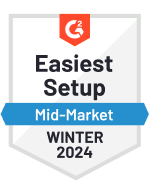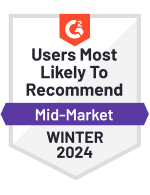Track keyword-level performance across marketplaces like Amazon, Walmart, Etsy; identify high-value terms, and optimize visibility to drive consistent traffic and sales growth.
Keyword rank tracking

Competitor benchmarking

Automated rank alerts

Share of Search Analysis

Customizable Dashboards
1000+ Customers changed the way they do eCommerce with PIMworks360
AI Assistant for Instant Insights
Chat with the built-in AI assistant to ask questions about keyword performance, visibility gaps, or competitor rankings, and get real-time insights without juggling spreadsheets.
Try Now



































